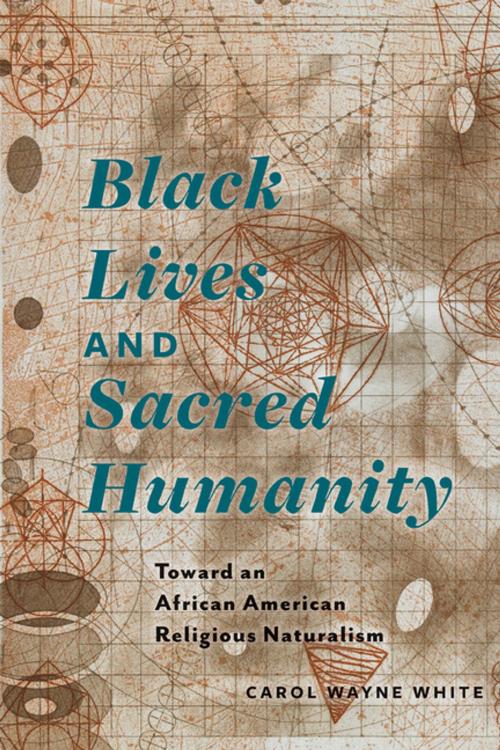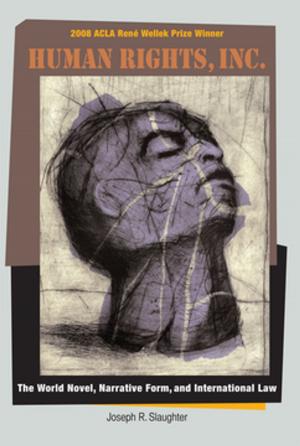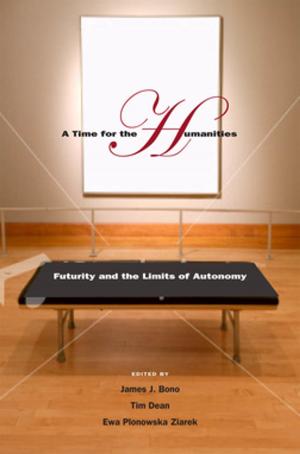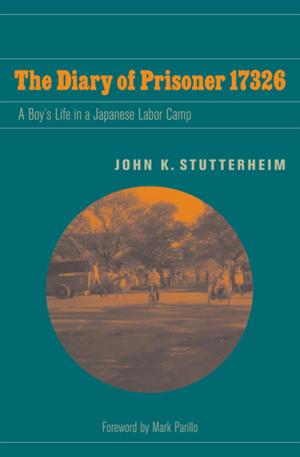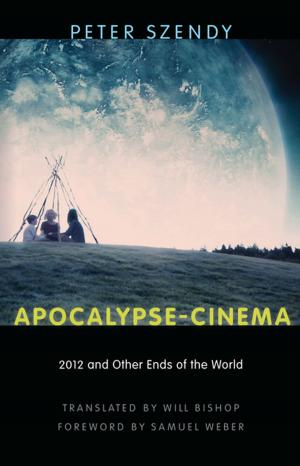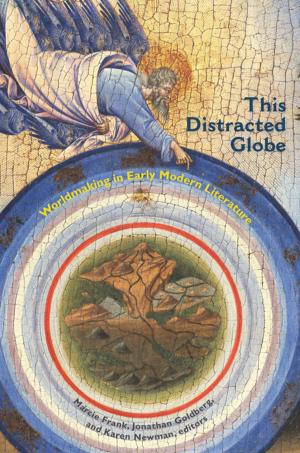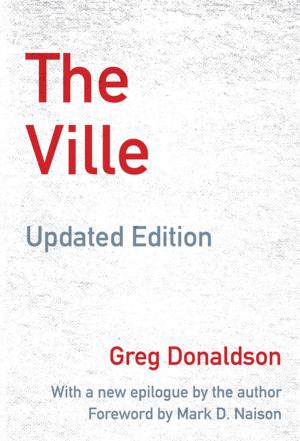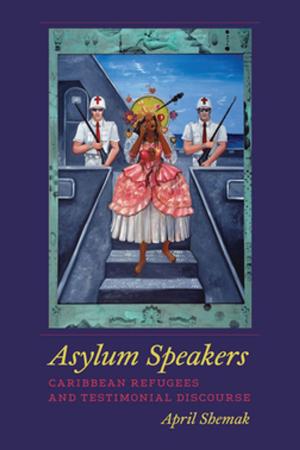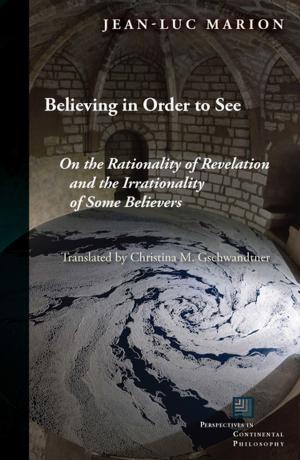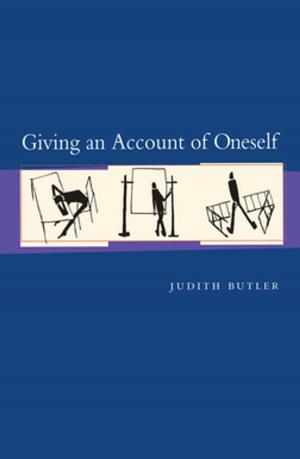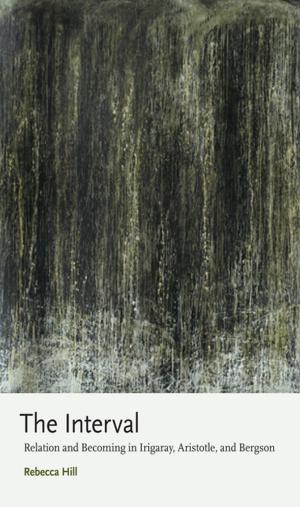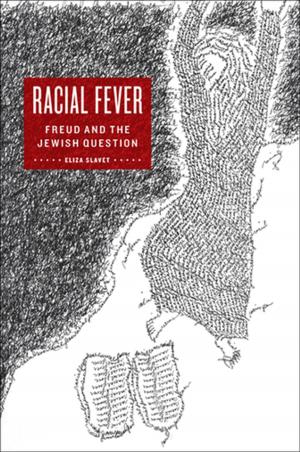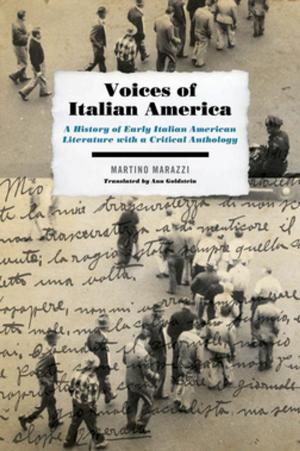Black Lives and Sacred Humanity
Toward an African American Religious Naturalism
Nonfiction, Religion & Spirituality, Philosophy, Religious, Social & Cultural Studies, Social Science, Cultural Studies, African-American Studies, Theology| Author: | Carol Wayne White | ISBN: | 9780823269839 |
| Publisher: | Fordham University Press | Publication: | May 1, 2016 |
| Imprint: | Fordham University Press | Language: | English |
| Author: | Carol Wayne White |
| ISBN: | 9780823269839 |
| Publisher: | Fordham University Press |
| Publication: | May 1, 2016 |
| Imprint: | Fordham University Press |
| Language: | English |
Identifying African American religiosity as the ingenuity of a people constantly striving to inhabit their humanity and eke out a meaningful existence for themselves amid harrowing circumstances, Black Lives and Sacred Humanity constructs a concept of sacred humanity and grounds it in the writings of Anna Julia Cooper, W. E. B. Du Bois, and James Baldwin. Supported by current theories in science studies, critical theory, and religious naturalism, this concept, as Carol Wayne White demonstrates, offers a capacious view of humans as interconnected, social, value-laden organisms with the capacity to transform themselves and create nobler worlds wherein all sentient creatures flourish.
Acknowledging the great harm wrought by divisive and problematic racial constructions in the United States, this book offers an alternative to theistic models of African American religiosity to inspire newer, conceptually compelling views of spirituality that address a classic, perennial religious question: What does it mean to be fully human and fully alive?
Identifying African American religiosity as the ingenuity of a people constantly striving to inhabit their humanity and eke out a meaningful existence for themselves amid harrowing circumstances, Black Lives and Sacred Humanity constructs a concept of sacred humanity and grounds it in the writings of Anna Julia Cooper, W. E. B. Du Bois, and James Baldwin. Supported by current theories in science studies, critical theory, and religious naturalism, this concept, as Carol Wayne White demonstrates, offers a capacious view of humans as interconnected, social, value-laden organisms with the capacity to transform themselves and create nobler worlds wherein all sentient creatures flourish.
Acknowledging the great harm wrought by divisive and problematic racial constructions in the United States, this book offers an alternative to theistic models of African American religiosity to inspire newer, conceptually compelling views of spirituality that address a classic, perennial religious question: What does it mean to be fully human and fully alive?
